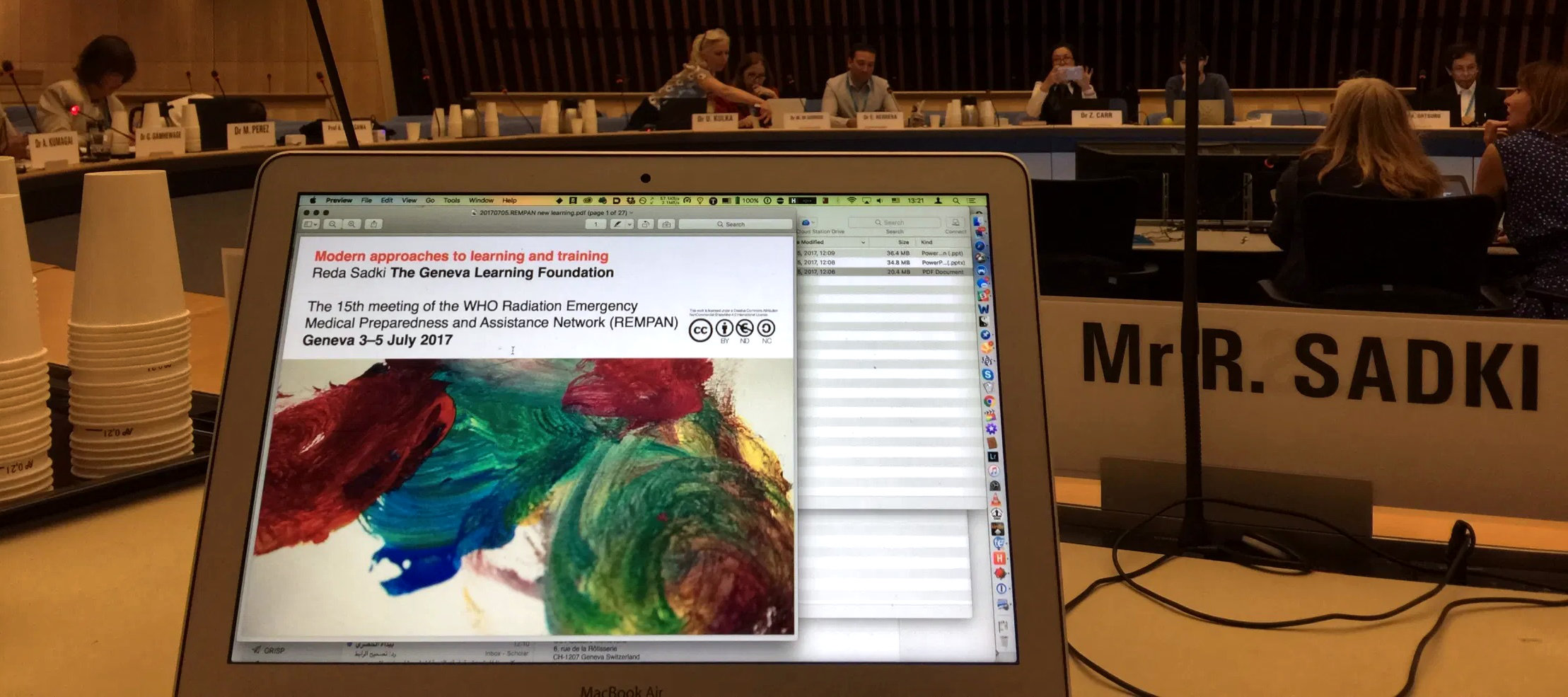
For decades, learning in global health has depended on a conventional model premised on the scarcity of available knowledge and an emphasis on establishing mechanisms to transmit that knowledge from the center (capital city, headquarters) to the periphery (field, village, training room). With the Internet, scarcity disappeared. But the economy of high-cost, low-volume training has persisted, with little or no accountability.



